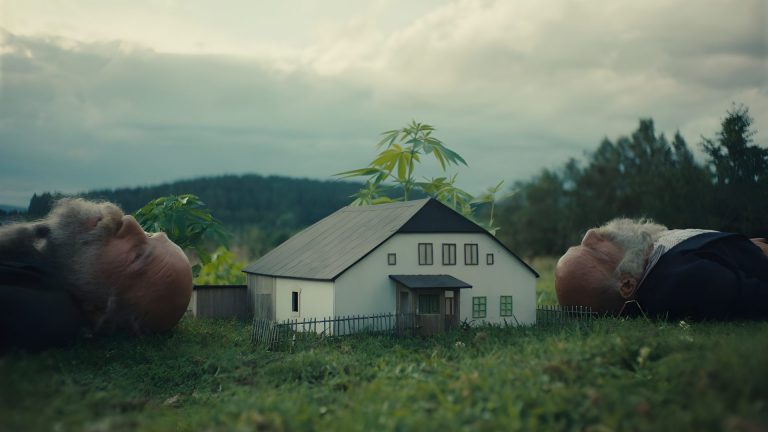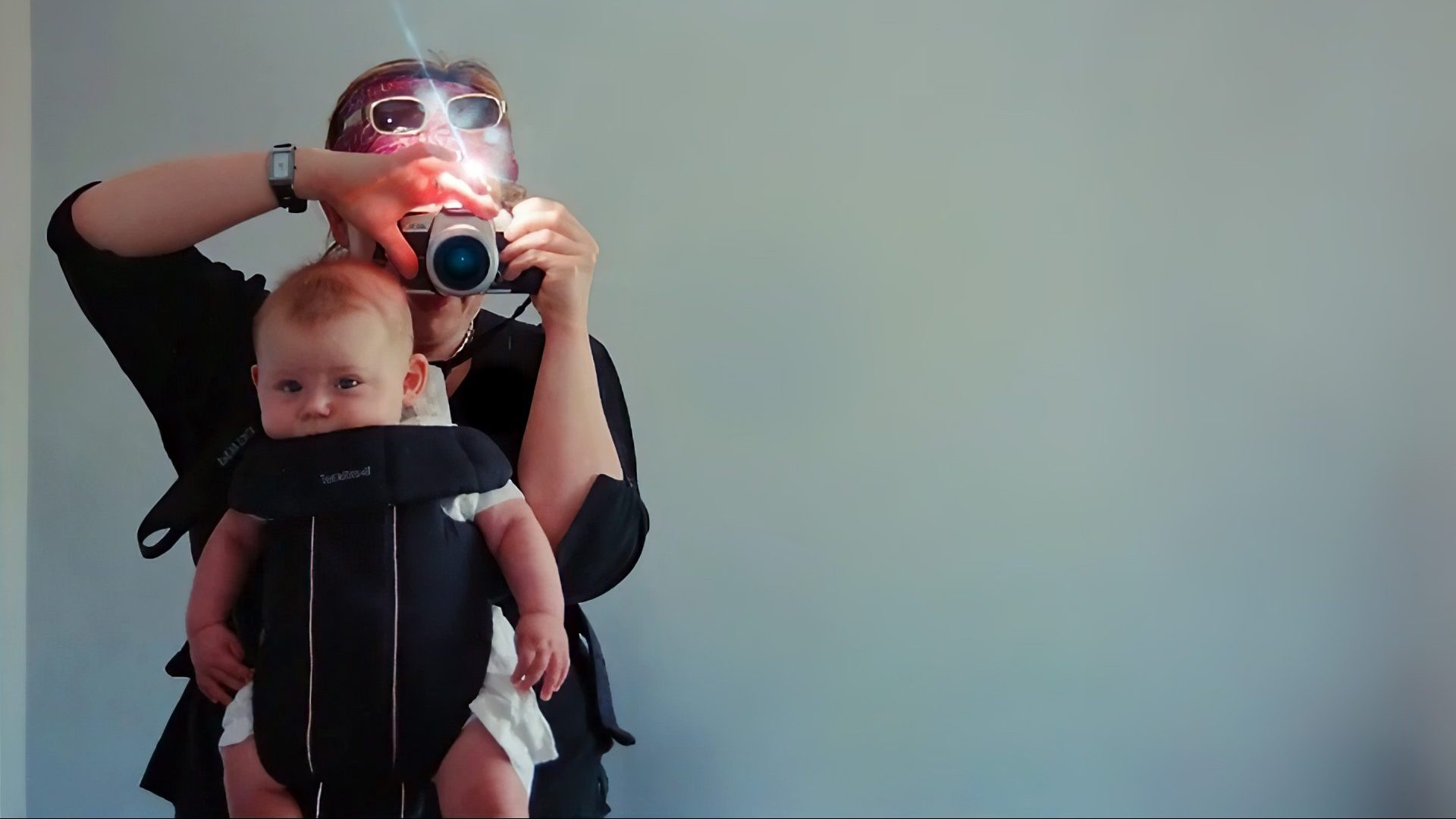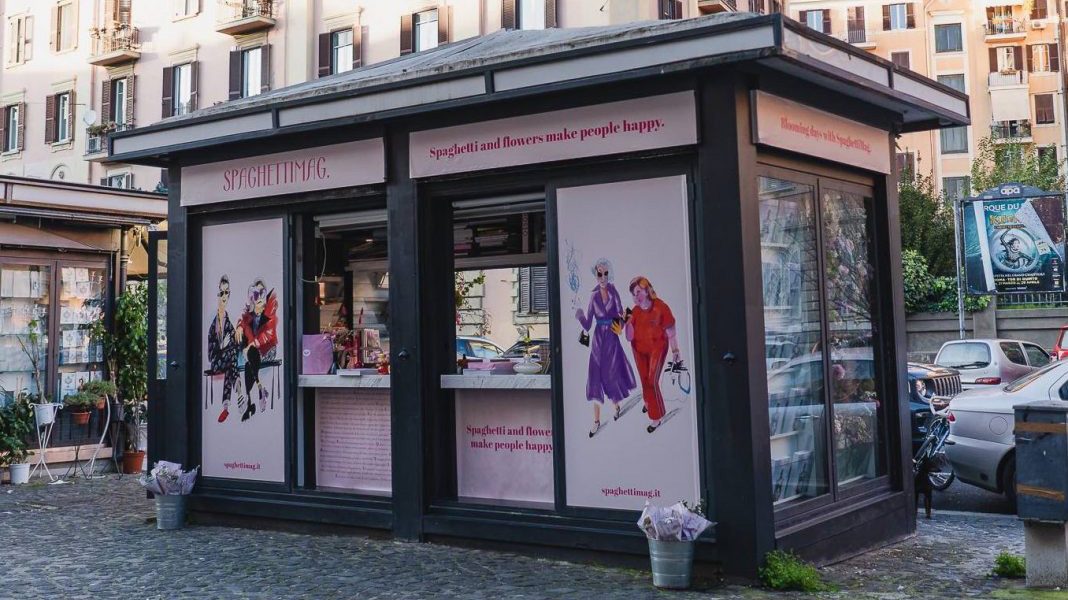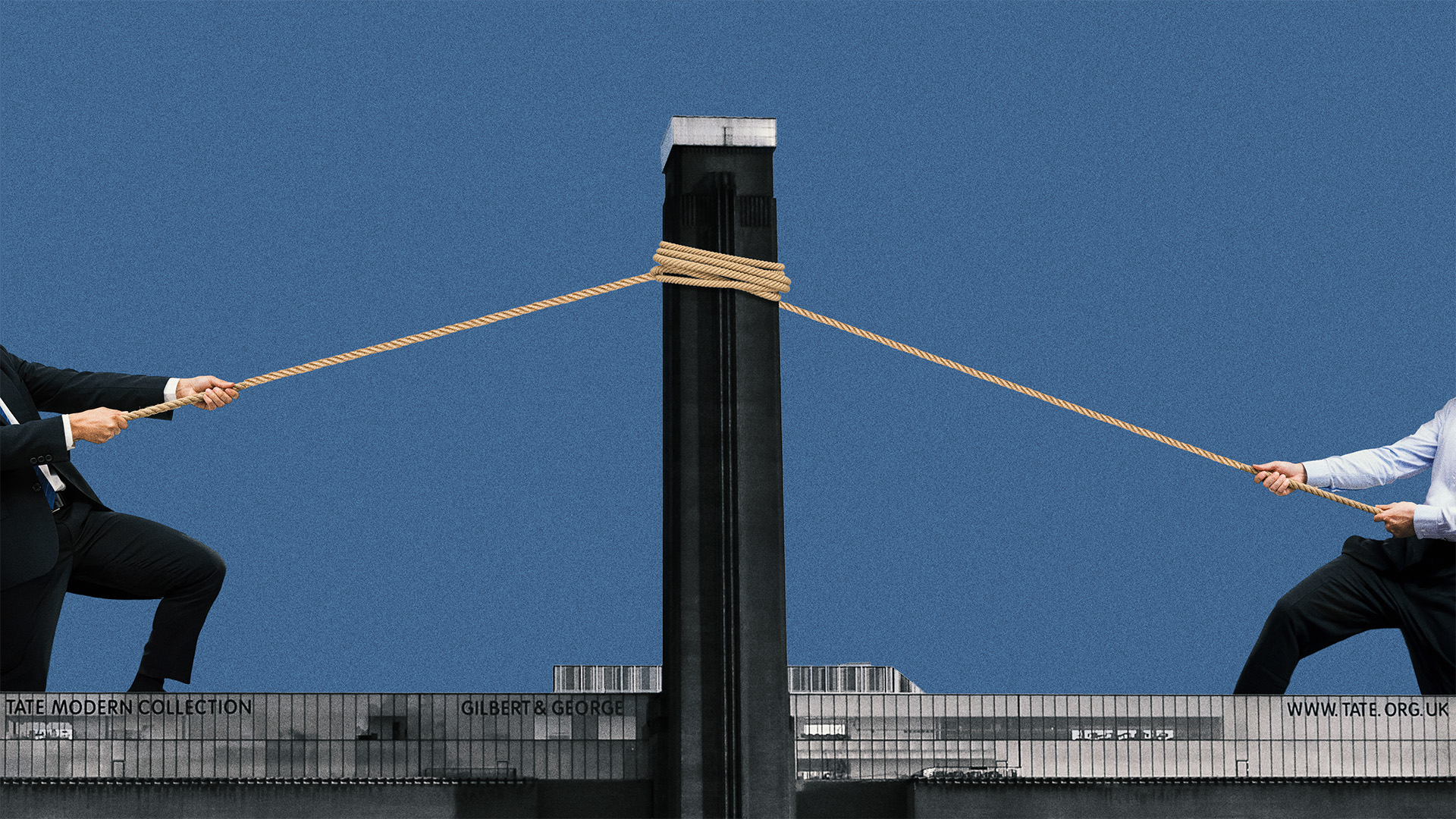Richard Linklater’s Boyhood may have chronicled a child’s life from the age of six to 18, but that’s nothing compared to Motherboard. One of cinema’s most candid and tender accounts of parenthood, Victoria Mapplebeck’s autobiographical documentary covers the first 20 years of her son Jim’s life, beginning with his birth in 2004.
Actually, it begins before his birth. “I’ve been filming Jim on and off since he was in the womb,” says Mapplebeck. “You can see the scan footage in Motherboard.”
Motherboard is unique – not just in its warts-and-all intimacy, but in its technical innovation: the film is a shimmering kaleidoscope of home movie clips, photos, texts, emails and social media posts. But an appropriate phrase, given the subject matter, is that necessity was the mother of invention. Mapplebeck couldn’t have made Motherboard any other way.
Before she had her first and only child, at the age of 38, she had been a freelance director who made documentaries for Channel 4. But she realised that she couldn’t carry on with this career while raising a son – especially as Jim’s father, with whom she’d been on just four dates, chose not to be involved in his upbringing. “The screen industries at the time had no idea about supporting parents, let alone a lone parent,” she says.
When Jim was two, she began teaching film studies at Royal Holloway College, University of London, as well as shooting footage of her domestic life on digital video. But everything changed when she saw Sean Baker’s Tangerine, which was released in 2015.
Baker would go on to write and direct the Oscar-winning Anora, but this earlier film was shot entirely on iPhone 5s. “It was the first time I realised that you could get incredibly good-looking footage with the camera in your pocket,” says Mapplebeck. From then on, Motherboard was “shot on five generations of smartphones from when Jim was about 11, right the way through to the iPhone 15 when he was about 20”.
Suggested Reading


Life and death of a one-armed twin
Not that it was always planned as a feature film. Mapplebeck’s first smartphone projects were two poignant short documentaries about life as a single mother, 160 Characters and Missed Call, the latter winning a Bafta for best short film in 2019. But she soon amassed enough material to fill an hour and a half.
The bulk of Motherboard focuses on Jim’s tricky teenage years, when he is hit by a quadruple whammy: his mother’s treatment for breast cancer; his father’s refusal to meet him; the Covid-19 pandemic; and all the hormonal mood swings that come with being a young man. “You see that transition that kids go through from when they’re little and they just think you are the sunshine,” says Mapplebeck, “to when they can’t stand you and don’t want to be in the same space as you.”
It was crucial, says Mapplebeck, that the pair of them discussed the documentary at every stage. Jim – who is now studying drama at Goldsmith’s – always had the power of veto, but he was insistent that his adolescent missteps should be in the final cut, telling his mother: “You can’t make a film about parenthood if you don’t include the shit stuff.”
This sort of first-person immediacy would have been inconceivable even a decade or two earlier: smartphone technology is what made Motherboard possible. “It’s great for directors who want to film in a really intimate and spontaneous way,” says Mapplebeck. “I remember when I was in my 20s, going on a feature set, and it taking two hours to set up a really mundane cutaway. I thought, ‘there’s nothing creative about this!’”
Besides, smartphones allowed her to return to film-making without asking a studio financier for permission. She now co-curates SMart, the London International Smartphone Film Festival, which welcomes films of all genres and lengths, just as long as they’re shot on “the camera in your pocket”.
Still, even with this game-changing technology, Mapplebeck couldn’t have completed Motherboard without securing some funding – and that wasn’t easy for a film which is more or less in a genre of its own. “The day after we’d won the Bafta for Missed Call, I thought, ‘well, surely it’ll be easier to get funding now.’ I managed to get a meeting with Netflix, and the commissioner said to me, ‘I’ve watched your short films, and I think they’re very personal,’ like that was a real insult – ‘and they’re very small, and at Netflix we’re after big, epic stories.’
“I said to him, ‘Well, raising a kid entirely on your own, and that kid meeting their father for the first time at 13, closely followed by my breast cancer and how we got through that, closely followed by Covid and the really difficult teen years – that put us on a pretty epic journey.’” Luckily for us, several companies agreed with her.
Motherboard is in cinemas from August 15. More details at tullstories.co.uk
Nicholas Barber is a film critic for BBC Culture



